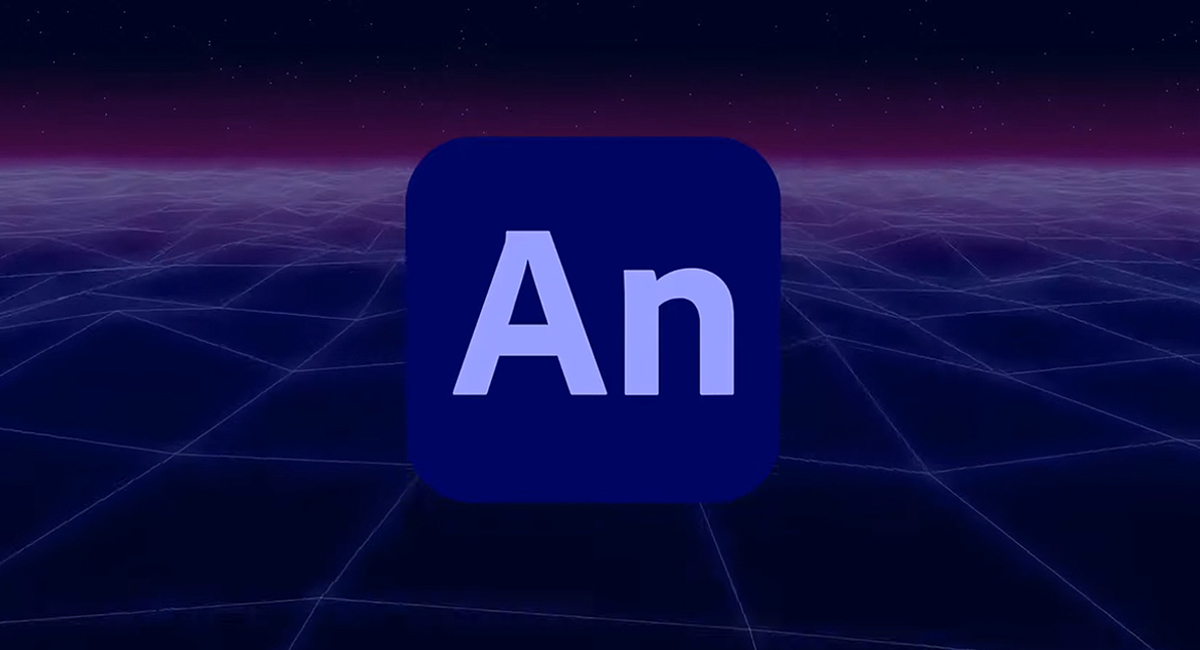iOS 5 boosts browsing on Apple devices
Blaze showcases speed improvements through GPU accelerated rendering
Daily design news, reviews, how-tos and more, as picked by the editors.
You are now subscribed
Your newsletter sign-up was successful
Want to add more newsletters?

Five times a week
CreativeBloq
Your daily dose of creative inspiration: unmissable art, design and tech news, reviews, expert commentary and buying advice.

Once a week
By Design
The design newsletter from Creative Bloq, bringing you the latest news and inspiration from the worlds of graphic design, branding, typography and more.

Once a week
State of the Art
Our digital art newsletter is your go-to source for the latest news, trends, and inspiration from the worlds of art, illustration, 3D modelling, game design, animation, and beyond.

Seasonal (around events)
Brand Impact Awards
Make an impression. Sign up to learn more about this prestigious award scheme, which celebrates the best of branding.

According to an investigation by Blaze, iOS 5 hugely improves browsing on Apple hardware. Barely mentioned by Apple on its own website (the Safari section of the iOS 5 features page simply mentions that iOS 5 "improves Safari performance on all your iOS devices"), changes include a massive boost to HTML5 performance, faster JavaScript performance, and persistent cache for home-screen apps.
The Sunspider benchmark results will be particularly heartening to developers eschewing the App Store in favour of web apps: the performance of home-screen apps comes close to matching that in Safari, unlike in iOS 4, where home-screen apps were much slower. "For Home Screen Pages, it's clear that the Nitro engine is now being used," explains the Blaze article. "JavaScript performance improved dramatically in those apps, though it still lags a bit behind MobileSafari itself. Our guess is that the Nitro engine is indeed used, but some of its optimizations are disabled, presumably for security reasons."
The article also has an iOS 4 vs. IOS 5 face-off, demonstrating massive speed improvements in Microsoft's 'HTML5 Speed Reading' demo. iOS 4 lagged, with an embarrassing 2 FPS, comparing very unfavourably with Windows Phone 7's 24 FPS and the Nexus S's 10 FPS. In iOS 5, an iPhone 4 now tackles the test at 40 FPS, due to the system's GPU-accelerated rendering.
Blaze notes that iOS 5 also introduces HTTP Pipelining, scraps downloading CSS files alongside other resources, and improves caching for home-screen apps. Blaze's conclusion is that iOS 5 is "good news for mobile web performance", despite some drawbacks relating to the aforementioned CSS bottleneck and also a surprising regression in UIWebView JavaScript performance.
Daily design news, reviews, how-tos and more, as picked by the editors.

The Creative Bloq team is made up of a group of art and design enthusiasts, and has changed and evolved since Creative Bloq began back in 2012. The current website team consists of eight full-time members of staff: Editor Georgia Coggan, Deputy Editor Rosie Hilder, Ecommerce Editor Beren Neale, Senior News Editor Daniel Piper, Editor, Digital Art and 3D Ian Dean, Tech Reviews Editor Erlingur Einarsson, Ecommerce Writer Beth Nicholls and Staff Writer Natalie Fear, as well as a roster of freelancers from around the world. The ImagineFX magazine team also pitch in, ensuring that content from leading digital art publication ImagineFX is represented on Creative Bloq.
